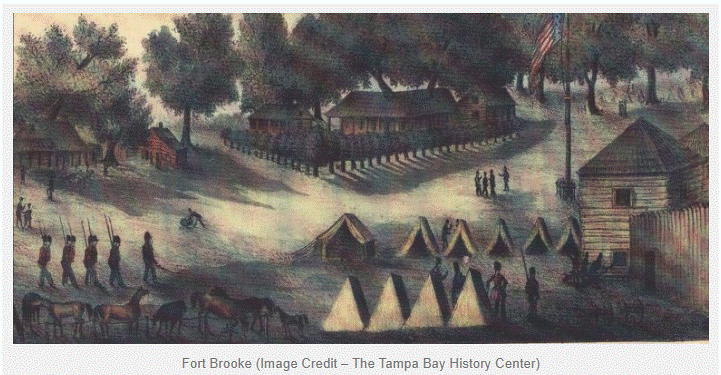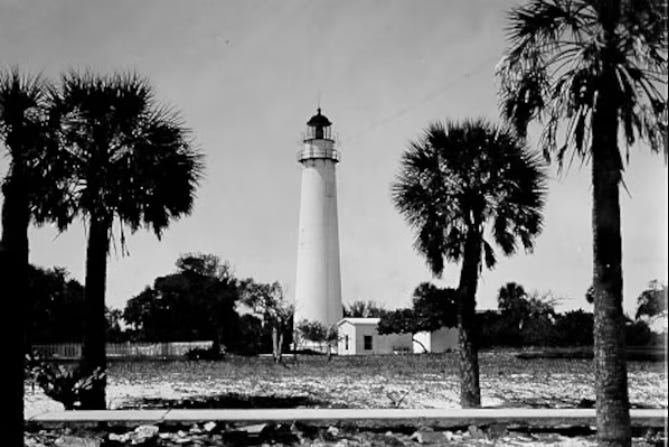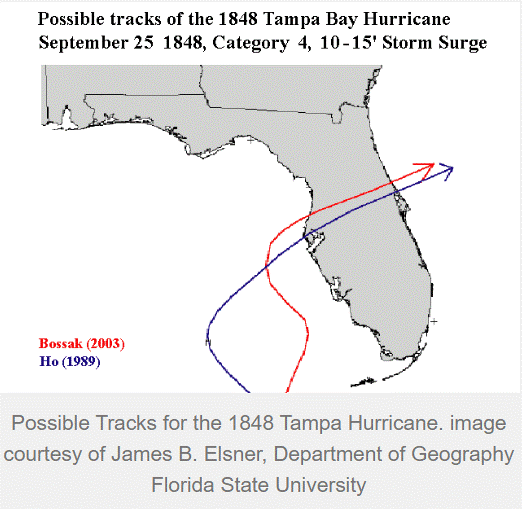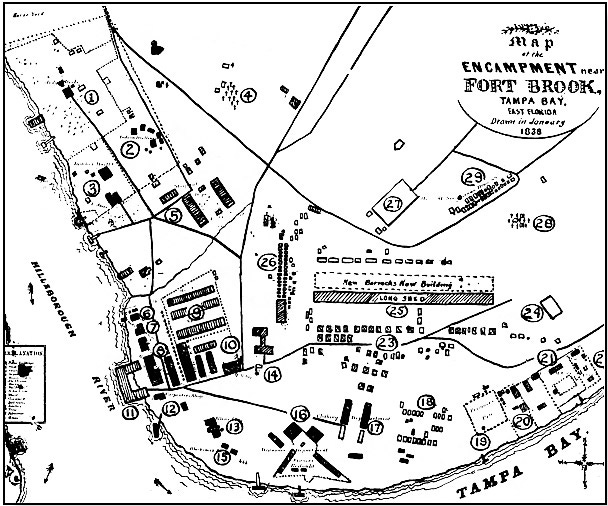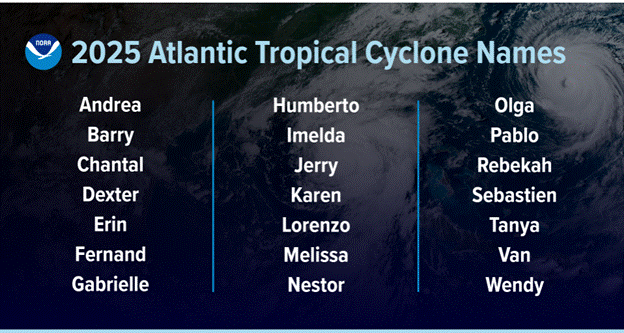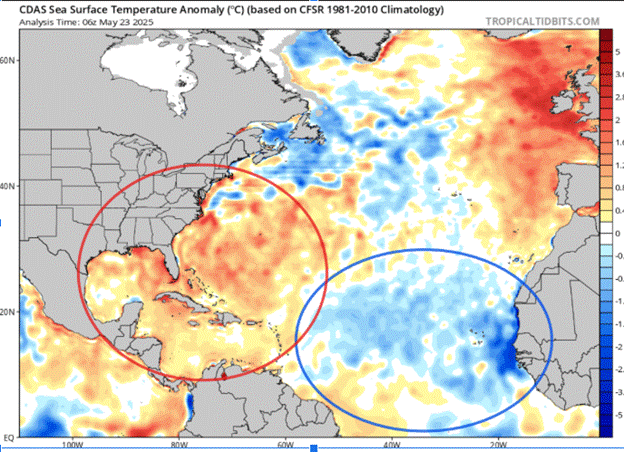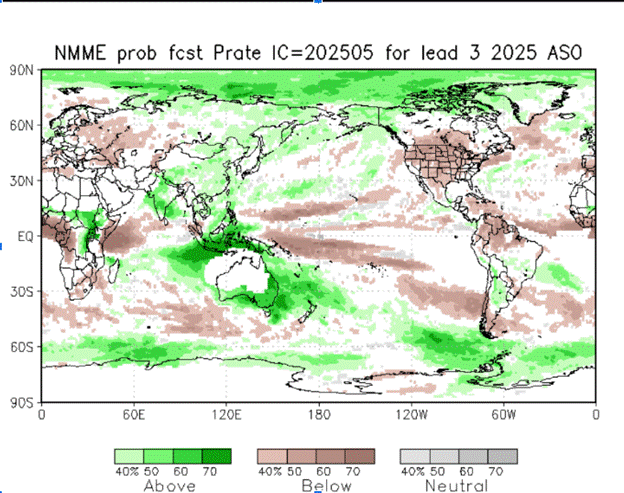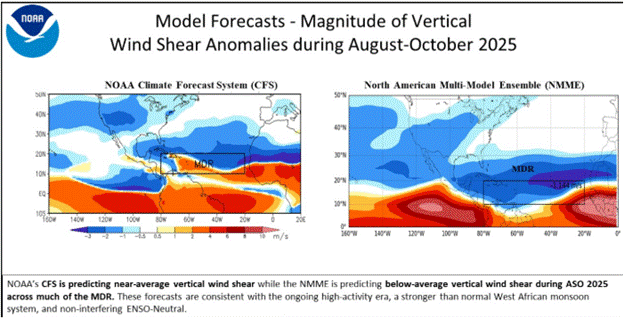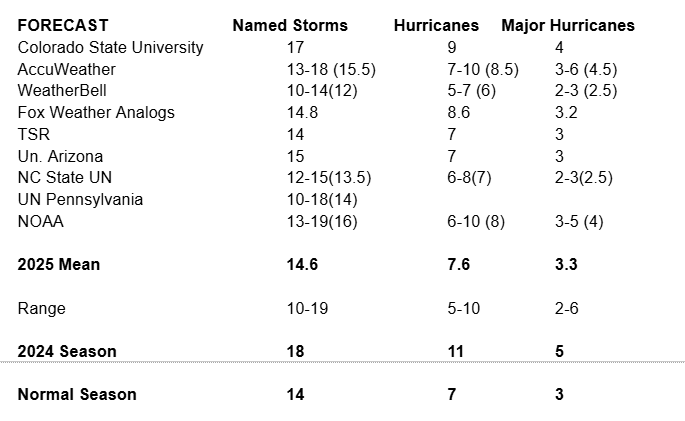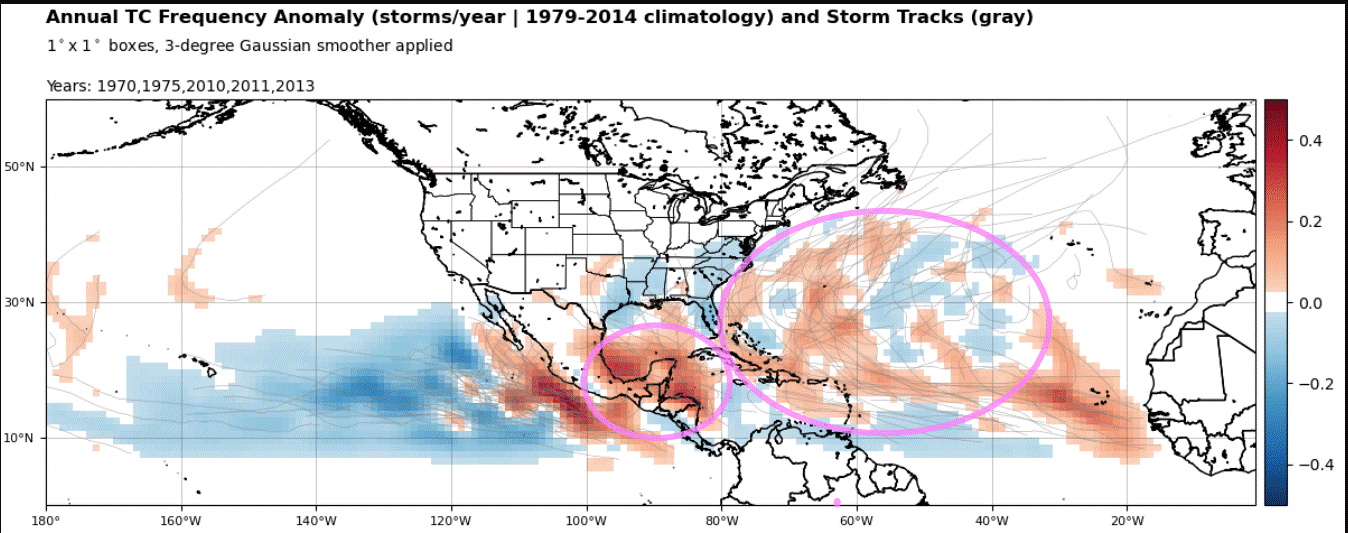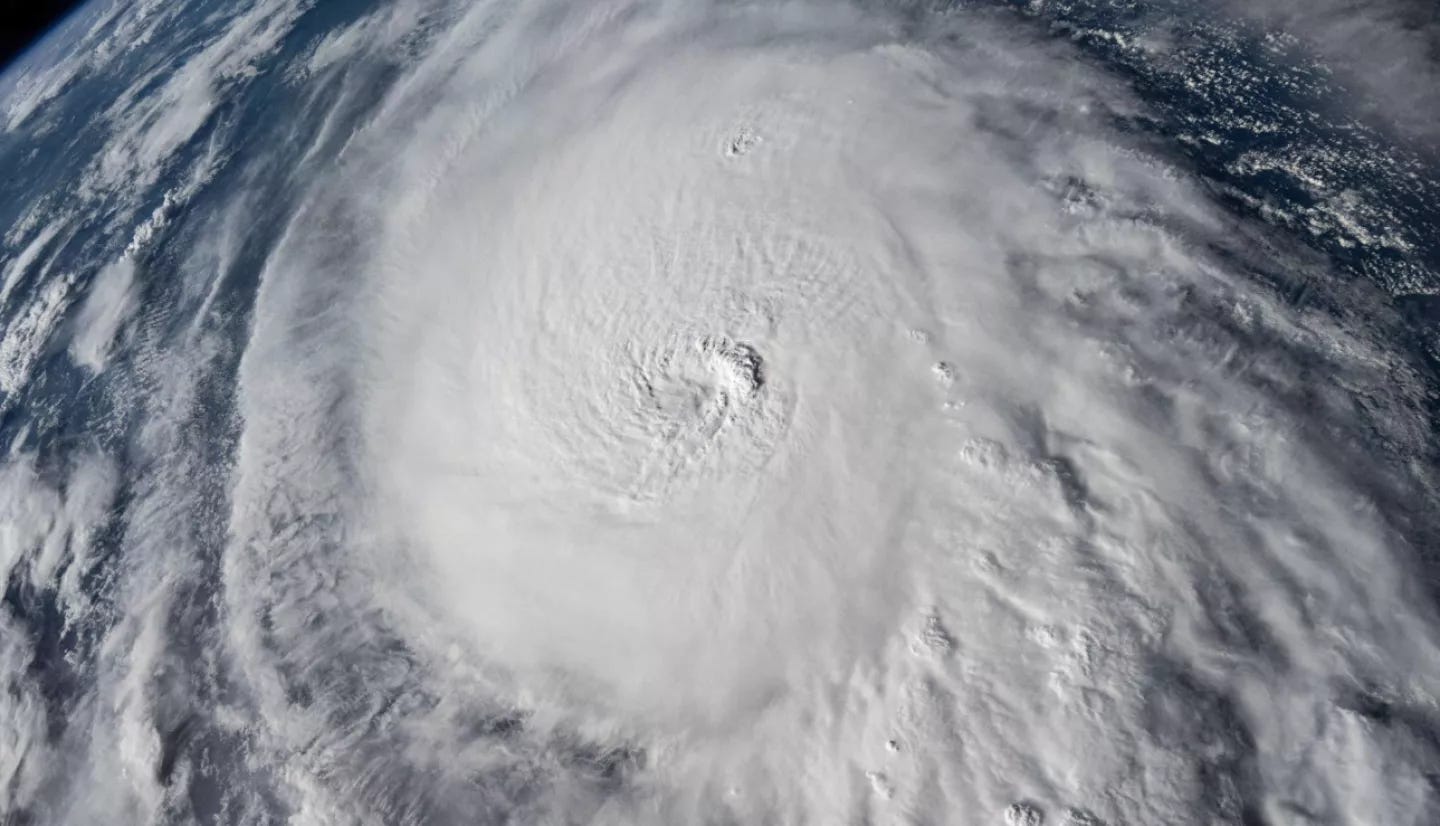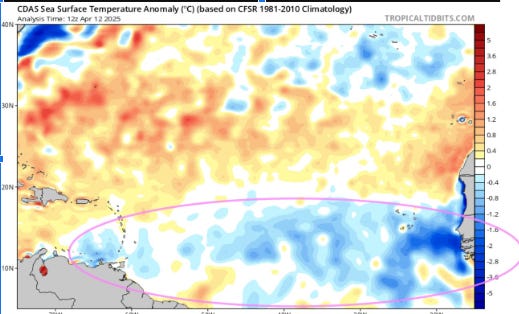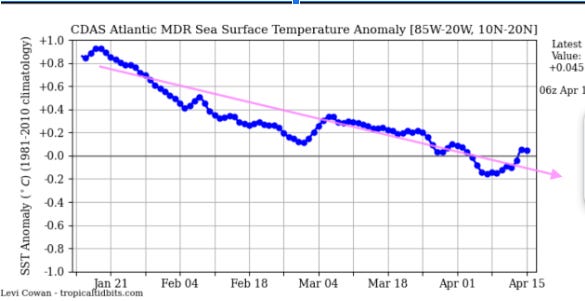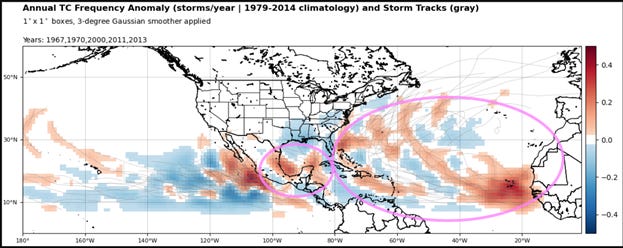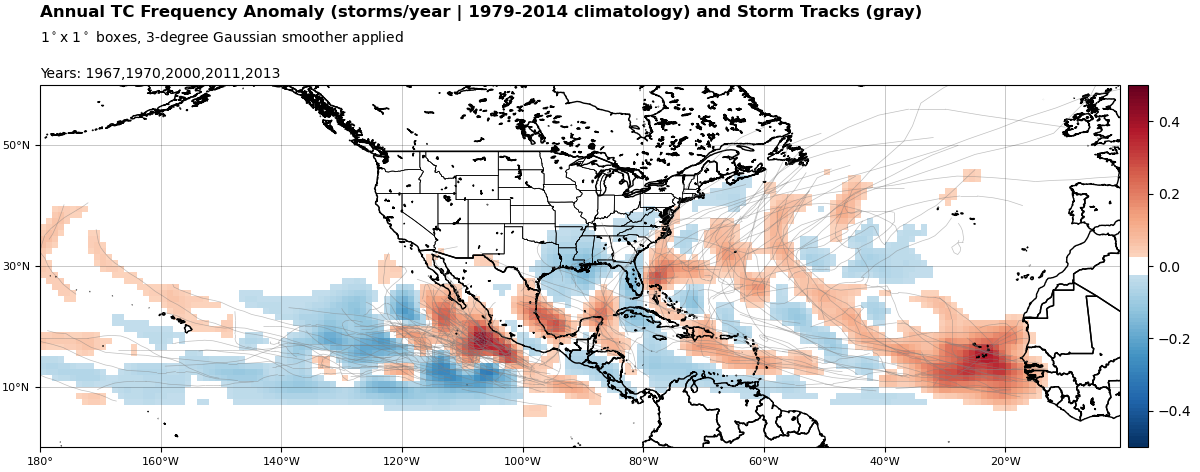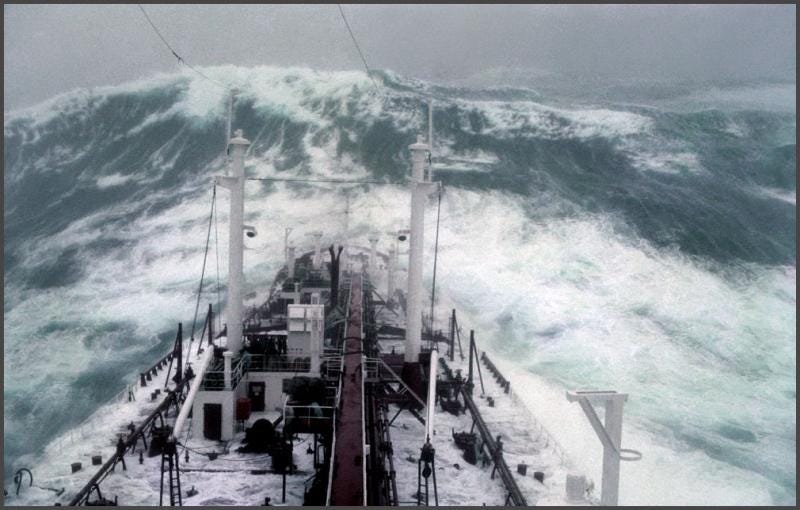
In complex maritime disputes, the weather is rarely just a circumstance; it is often a central piece of evidence. Whether your case involves cargo damage, vessel loss, or crew injury, understanding the precise marine conditions is essential for building a winning legal strategy. A detailed forensic marine weather analysis can make the difference between a successful resolution and an unfavorable one.
Uncovering the Truth in High-Stakes Maritime Cases
When millions of dollars are at stake, assumptions based on a ship’s log or news reports are not enough. Admiralty law firms need an objective, scientifically sound reconstruction of events to determine what actually happened. A forensic marine meteorologist can provide this by:
- Analyzing all available data: Going beyond a vessel’s log to incorporate comprehensive data from the National Oceanic and Atmospheric Administration (NOAA) database, satellites, and advanced computer models.
- Reconstructing the voyage: Providing a precise, third-party reconstruction of a vessel’s voyage, complete with a comparative analysis of the ship’s log entries. This allows attorneys to corroborate or challenge a vessel’s reported conditions.
- Revealing overlooked factors: Evaluating complex weather and sea conditions, such as the full spectrum of wave heights and the difference between sustained winds and powerful gusts. In one case, our analysis showed a vessel encountered significantly higher wave heights due to the effect of opposing ocean currents.
Expert Testimony that Strengthens Your Position: A Case in Point
The value of an expert opinion comes from its ability to stand up to scrutiny in court. A skilled forensic meteorologist can provide clear, logical testimony that supports your case, as demonstrated in this real-world example:
In July 2008, a cargo vessel sustained significant damage while transiting the northern Arabian Sea. The cargo interests claimed the weather conditions were “normal and expected” for the monsoon season and that the vessel operator was negligent. The initial weather report presented by the opposing side supported this claim, concluding that winds were moderate and wave heights were within the expected range for the area in July.
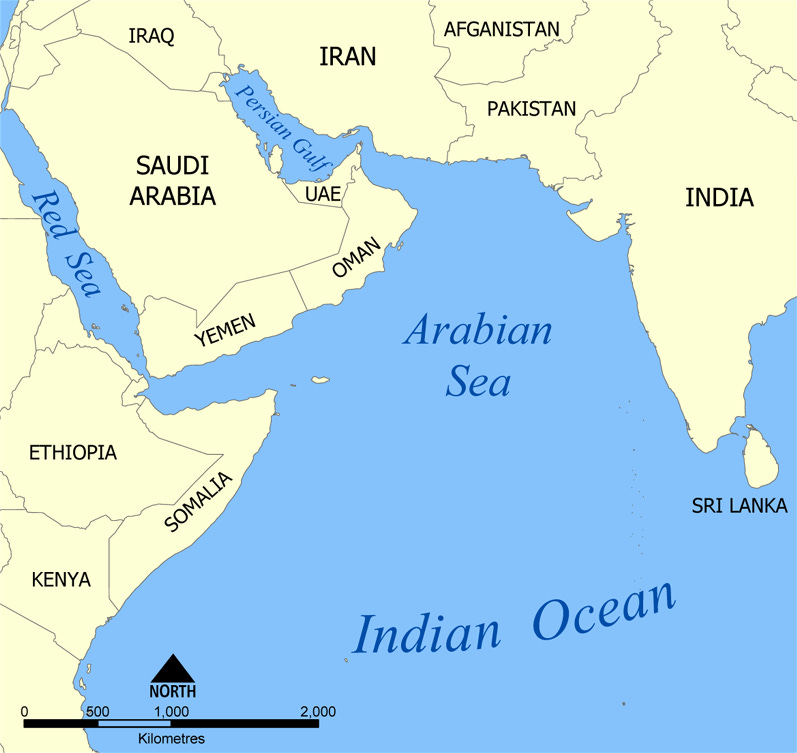
Ocean Weather Services was retained to provide a deeper analysis. We quickly discovered that the initial report relied primarily on broad output from weather forecast models, neglecting actual observations. By incorporating actual data from nearby ships and buoys—information missing from the opposing report—our analysis revealed a different story. The empirical evidence showed winds significantly higher than previously reported, reaching Beaufort Force 9 (41-47 knots), and waves up to 8 meters.
This critical evidence, overlooked by the other party’s analysis, allowed us to contradict their claims and establish how specific, severe weather conditions were a contributing factor to the incident. This level of factual, evidence-based testimony can decisively strengthen a law firm’s position.
Beyond the Courtroom: Your Strategic Weather Partner
The role of a forensic marine expert isn’t limited to litigation. Admiralty law firms can also leverage this expertise for:
- Risk assessment: Evaluating the frequency and severity of past weather events for supply chain and logistics disputes.
- Due diligence: Gaining an accurate, unbiased picture of a weather event during the early stages of a claims investigation.
By partnering with a forensic marine weather expert, your firm gains a powerful ally capable of translating complex atmospheric and oceanographic data into a clear, evidence-based narrative.
To discuss how our services can strengthen your next maritime case, contact us today.
Contact: Ocean Weather Services

